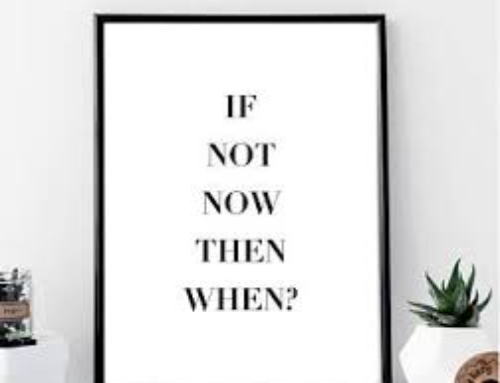Seriously, don’t make these interview mistakes. DO NOT;
- Arrive late dressed inappropriately. First impressions last forever. They can’t be taken back. Plan on arriving to your interview 20 minutes beforehand so you have built in time to get lost, use the restroom and make sure you don’t have food stuck to your teeth. In terms of what to wear, it doesn’t matter if the company or office is business casual, wear a suit. If it’s a startup or casual company, wear a suit minus the ties or pearls. You get the point, let them see you at your best. Appearances matter when vetting candidates. Par of how the people who interview will you describe you is by what you’re wearing.
- Be overconfident – too much or too little. Be humble, don’t boast. A firm handshake, good posture, leaning in, and eye contact project confidence, whereas exaggerating, boasting and going on and on does not.
- Bring-up money, vacation time and benefits. When you’re on your first date do you ask how much money they earn? Or how much their rent or mortgage is? Do you ask personal questions before you establish rapport and some semblance of trust? Hopefully not. Don’t discuss money, PTO or benefits until you’ve been asked back for second rounds, and even then, depending on the role, hold off as long as you can. While these are certainly important things, they’re not appropriate to discuss during the first interview. Need pointers on how to deflect the questions, reach out to me and I’ll give you some direction there.
- Drone on-and-on when answering questions. Answer the interviewer’s questions in no more than 2 or 3 sentences. That’s plenty of space to promote how great you are. It’s perfectly fine to take pause and collect your thoughts before speaking, and when you’re done offering up 1 to 3 sentences, ask “did I answer your question?” If they want to know more, they’ll ask.
- Call the interviewer by the wrong name and not make eye contact. Make sure you learn the interviewer’s name. Typically they’ll tell you how to address them, usually when they’re greeting you. Make eye contact when you meet, throughout, and when you leave. This is incredibly important.
Say anything negative. Candidates blow it all the time because they want to tell “the truth” – to explain what really happened. Don’t do it. Whether your pain or indignation is warranted or not isn’t the point. The point is, do you have enough professionalism and decorum and sense of timing to know this interview is not the time to complain or be negative? Being negative in any job interview situation shows a total lack of judgment. Replace your negativity with “I learned a lot” or “the role was challenging and I was able to be very successful.”





